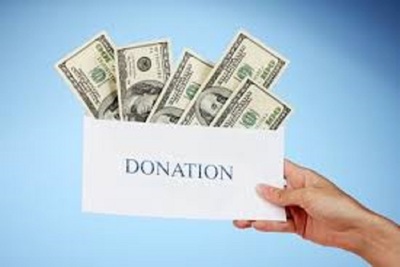Insurance association reminds residents to call insurer in event of storm damage

“Contact your insurance company or agent as soon as possible to begin the claims process," PCI Vice President Joe Woods said in a press release. "Insurers plan for catastrophes and are prepared to assist homeowners immediately.”
Most homeowners, renters and business insurance policies cover weather-related damage such as hail and tornadoes. Flood and earthquake policies are also available. Renters insurance does not cover the structure, but it covers the renter's personal property and may pay for a hotel for a few days until the building is repaired. Vehicles damaged by windstorms or hail are covered under the comprehensive coverage on the owner's auto insurance policy.
“It’s important for homeowners to realize there are fraudsters waiting to take advantage of storm victims that are in the process of filing a claim,” Woods said.
Although homeowners and business owners are usually eager to call in contractors and have their property repaired, residents should contact their insurance first. Scammers flood into storm-damaged neighborhoods, ready to take the victim's insurance settlement and disappear without making any repairs. A warning sign is when a contractor that demands all payments up front before the repairs are started. Check the contractor's license with the state's contractors licensing board.
“There is a growing problem with public adjusters, contractors and by extension trial lawyers going door to door in many of Texas communities hit by hail storms and encouraging homeowners to sue their insurance company by telling homeowners they won’t have any legal fees," Woods said. "But the truth is that these lawsuits are not only costing the homeowners but they are costing their neighbors through potentially increased insurance premiums in their area as a result of frivolous lawsuits.”









 Alerts Sign-up
Alerts Sign-up